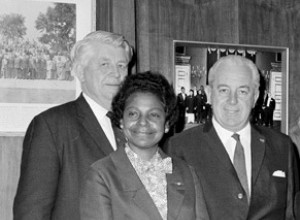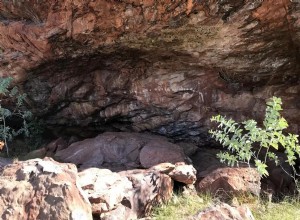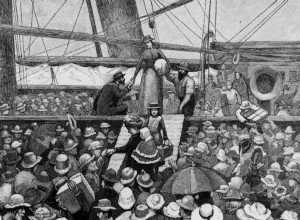Australian writer and activist, Faith Bandler (1918 – 2015) organized a campaign for Aboriginal citizenship and worked for the recognition of crimes committed against local populations. The blackbirders Faith Bandler was born on September 27, 1918 as Ida Lessing Faith Mussing, in Tumbulgum, New




